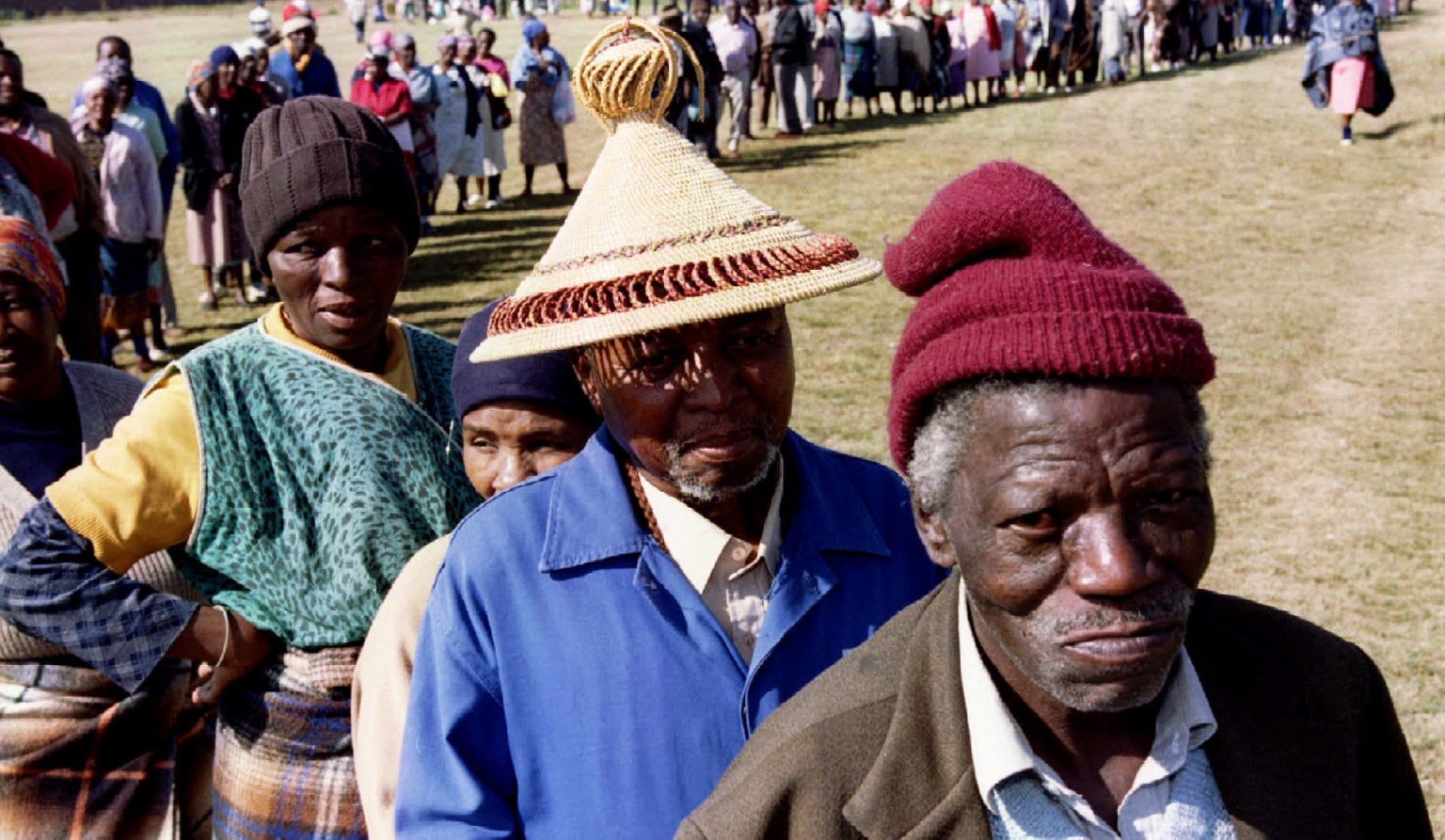The 30th anniversary of the end of apartheid in South Africa is fast approaching, with a national election scheduled for May 29. This milestone provides an opportunity for reflection on the progress made over the past three decades, as well as the challenges that remain. Despite the significant changes brought about by the first multiracial election in 1994, including the election of Nelson Mandela as president and improvements in human rights and basic services, the legacy of apartheid still lingers in the form of economic inequality, corruption, and housing disparities.
While elections are important in a democracy, real change in South Africa has often been achieved through protest and community organizing. Various movements, such as the Treatment Action Campaign, Abahlali baseMjondolo, and #FeesMustFall, have mobilized citizens to advocate for HIV/AIDS awareness, housing rights, and affordable education. These protests have been instrumental in holding the government accountable and bringing critical issues to the forefront of national discourse.
The culture of protest in South Africa is deeply rooted in the resistance against apartheid, with regular demonstrations occurring since the 1970s. People power has been a driving force in challenging injustices and demanding accountability from the government. The success of these protests in effecting change is a testament to the resilience and determination of South Africans to fight for their rights and address social and economic inequalities.
One important lesson learned over the past 30 years is the necessity of remaining vigilant and not taking rights and freedoms for granted. Citizens have developed robust mechanisms for monitoring government activities, promoting transparency, and challenging corruption. The ousting of former president Jacob Zuma in 2018 due to rampant corruption and state capture is a clear example of the effectiveness of citizen-led initiatives in holding leaders accountable.
Key to the success of democracy in South Africa is the active participation of all citizens, regardless of race, class, gender, or age. Grassroots movements and mutual aid efforts have shown how communities come together to support each other in times of need. However, challenges such as one-party rule, lack of justice for past atrocities, and growing demands for change indicate the need for continued engagement and activism to advance democracy and social justice in the country.
As South Africa prepares for the upcoming election, the diversity of political parties and potential for a coalition government signal a maturation of the electoral process. The legacy of protest and citizen organizing has played a crucial role in shaping the country’s democracy and bringing about political change. Looking ahead, the hard work of strengthening democracy and addressing the lingering effects of apartheid will require ongoing commitment from all South Africans, beyond the act of casting a ballot.


